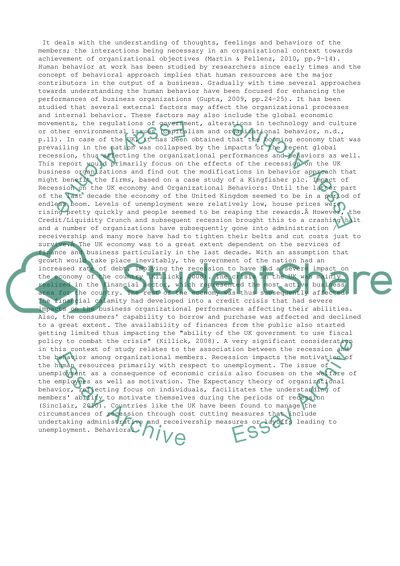Cite this document
(“Management and Organisational Behaviour Essay Example | Topics and Well Written Essays - 2250 words”, n.d.)
Retrieved de https://studentshare.org/management/1391165-management-and-organisational-behaviour
Retrieved de https://studentshare.org/management/1391165-management-and-organisational-behaviour
(Management and Organisational Behaviour Essay Example | Topics and Well Written Essays - 2250 Words)
https://studentshare.org/management/1391165-management-and-organisational-behaviour.
https://studentshare.org/management/1391165-management-and-organisational-behaviour.
“Management and Organisational Behaviour Essay Example | Topics and Well Written Essays - 2250 Words”, n.d. https://studentshare.org/management/1391165-management-and-organisational-behaviour.


